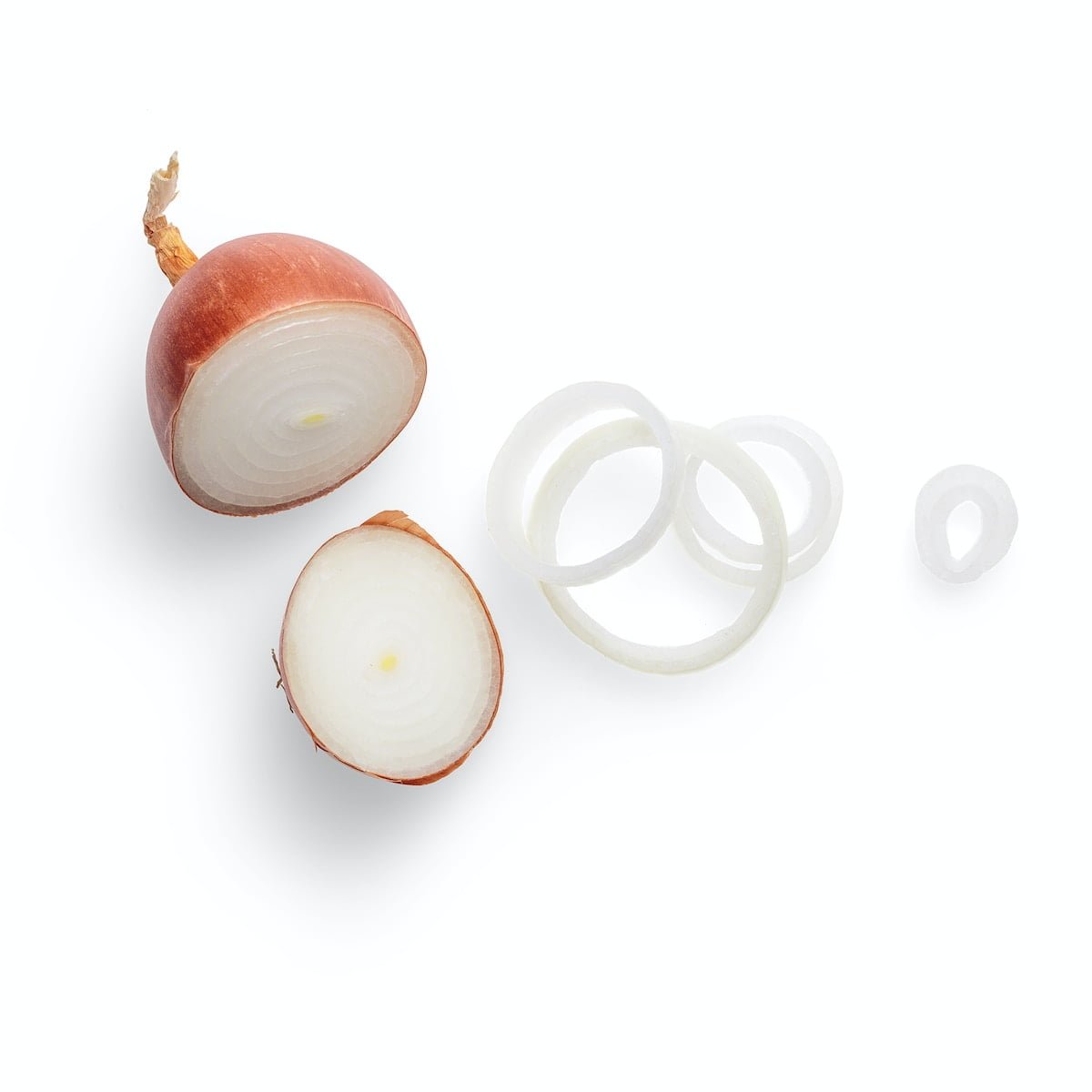Onions are a staple in kitchens worldwide, known for adding that extra zing to our meals. But let’s face it, they don’t always play nice with our meal planning. Sometimes you end up with a bag of onions, and there’s no way you’ll use them all before they go bad. Or maybe you scored a great deal at the market, but now you’re faced with an onion surplus. Fear not! I’m here to teach you the ins and outs of freezing onions so you can make the most of your bounty without waste or worry.
Freezing onions is an excellent way to extend their shelf life and ensure that you always have some on hand for your cooking needs. It’s a simple process, but there are a few tricks to doing it right. So, let’s dive in!
Step-by-Step Guide to Freezing Onions
Choosing the Right Onions
Before we start, it’s important to know that not all onions are created equal when it comes to freezing. You’ll want to use fresh, firm onions for the best results. If they’ve started to sprout or show signs of softness, they’re not the best candidates for freezing.
Prepping the Onions
- Peel and Chop: Begin by peeling your onions and giving them a good rinse. Next, decide how you’d like to freeze them. You can chop, dice, slice, or even leave them in larger wedges, depending on how you plan to use them later.
- Blanching (Optional): While blanching isn’t necessary for onions, it can help preserve their color and reduce the strong odor that might permeate your freezer. To blanch, simply boil them for a minute or two, then plunge them into ice water to stop the cooking process.
- Dry Thoroughly: Pat the onions dry with paper towels. Removing as much moisture as possible is key to avoiding freezer burn.

Freezing the Onions
- Flash Freeze: Spread your prepped onions out on a baking sheet in a single layer. Make sure they’re not touching, as this will prevent them from clumping together later. Flash freeze them by putting the baking sheet in the freezer for about an hour.
- Bag ’em Up: Once the onions are frozen, transfer them to airtight freezer bags or containers. Squeeze out as much air as possible to keep freezer burn at bay. Label the bags with the date so you can keep track of how long they’ve been frozen.
- Store Properly: Place the bags or containers in the coldest part of your freezer. Properly stored, frozen onions can last up to eight months.
Using Frozen Onions
The best part about having frozen onions is the convenience. There’s no need to thaw them before use! You can toss them directly into soups, stews, stir-fries, and any other cooked dishes. They’re not ideal for raw applications, though, as they will be a bit softer once thawed.
Food Safety Tips
When handling and freezing onions, it’s important to maintain good food safety practices:
- Avoid Cross-Contamination: Use clean cutting boards and utensils when prepping your onions to prevent any cross-contamination with other foods.
- Temperature Control: Freeze the onions as quickly as possible after prepping to prevent bacteria growth.
- No Refreezing: Once you’ve thawed frozen onions (if you choose to do so), do not refreeze them. This can degrade the quality and potentially allow for bacteria growth.
The Benefits of Freezing Onions
Freezing onions is not just a matter of convenience; it also has food safety and nutritional benefits. According to the CDC and FDA, freezing foods properly can preserve most of the nutrients and prevent the growth of bacteria that can cause foodborne illnesses.
Moreover, by freezing onions, you’re reducing food waste—a significant issue in the United States. The FDA states that about 30-40% of the food supply is wasted, and our onion-saving strategy can help chip away at that statistic.
Key Takeaways
- Prep Properly: Choose fresh, firm onions, and remove as much moisture as possible before freezing.
- Flash Freeze: To prevent clumps, flash freeze onions on a baking sheet before storing them in freezer bags.
- Convenient Cooking: Frozen onions can go straight from the freezer into cooked dishes, no thawing necessary.
- Food Safety First: Maintain good food safety practices when handling and freezing onions to prevent cross-contamination.
- Nutrition Preserved: Freezing onions retains most of their nutritional value and prevents bacterial growth.
- Reduce Waste: Freezing onions is a great way to reduce food waste, aligning with FDA recommendations.


